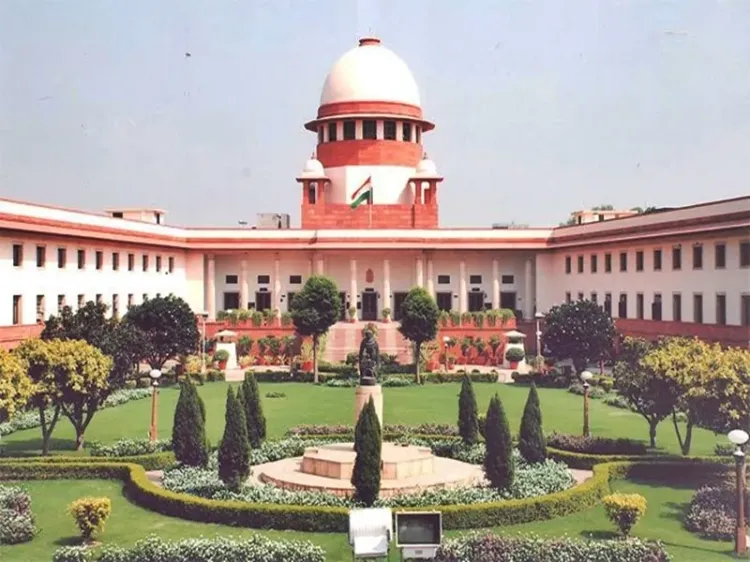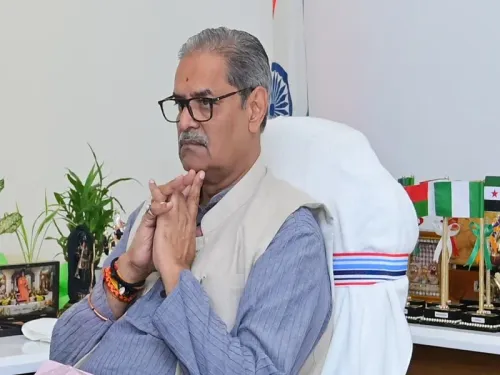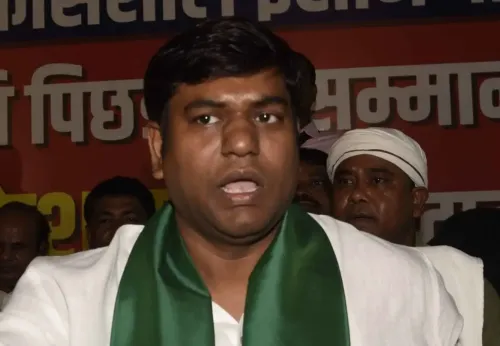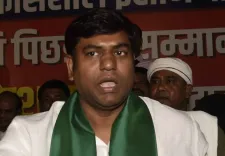Hindu Sena Submits Application to SC in Support of Waqf Act Amendments

Synopsis
Key Takeaways
- Hindu Sena supports the Waqf (Amendment) Act, 2025.
- Amendments align with the Constitution of India.
- No infringement on Muslim rights, according to the application.
- Non-Muslims will receive justice for properties seized.
- Union government filed a caveat in response to stay petitions.
New Delhi, April 9 (NationPress) The Hindu Sena has officially submitted an intervention application to the Supreme Court in favor of the Waqf (Amendment) Act, 2025. This action follows multiple petitions challenging the constitutional legitimacy of the amendments made to the Waqf Act, 1995.
The recent application, presented by the National President of Hindu Sena, argues that the amendments align with the framework of the Constitution of India.
According to the application, “There is no infringement upon the rights of any member of the Muslim community. Instead, the previous provisions of the Waqf Act, 1995 adversely affected the rights and interests of non-Muslim members of society. Specifically, Section 3 in conjunction with Section 40 of the Waqf Act, 1995, enabled the Waqf board to seize properties belonging to non-Muslims,” it states.
Furthermore, the application asserts that the amendments will ensure justice for non-Muslims whose properties were taken under the guise of being waqf properties.
It argues that the Parliament has rectified the stringent provisions through the Waqf (Amendment) Act, 2024, asserting that the amendments are free of any deficiencies or illegalities.
In a related development, the Union government has filed a caveat in the Supreme Court concerning the petitions that are seeking a stay on the enforcement of the Waqf (Amendment) Act, 2025.
A caveat is a legal notice submitted to a court by a party in a lawsuit who wishes to be heard if any stay order is expected to be issued on the opposing party's request.
The term ‘Waqf’, deeply embedded in Islamic laws and traditions, signifies an endowment made by a Muslim for charitable or religious purposes, including mosques, educational institutions, hospitals, or other public services.
The Waqf (Amendment) Bill, which has recently received Presidential assent, has been enacted following extensive discussions in both Houses of Parliament—the Lok Sabha and Rajya Sabha.
The deliberations on the Bill extended into the late hours in both the Lok Sabha and Rajya Sabha.










